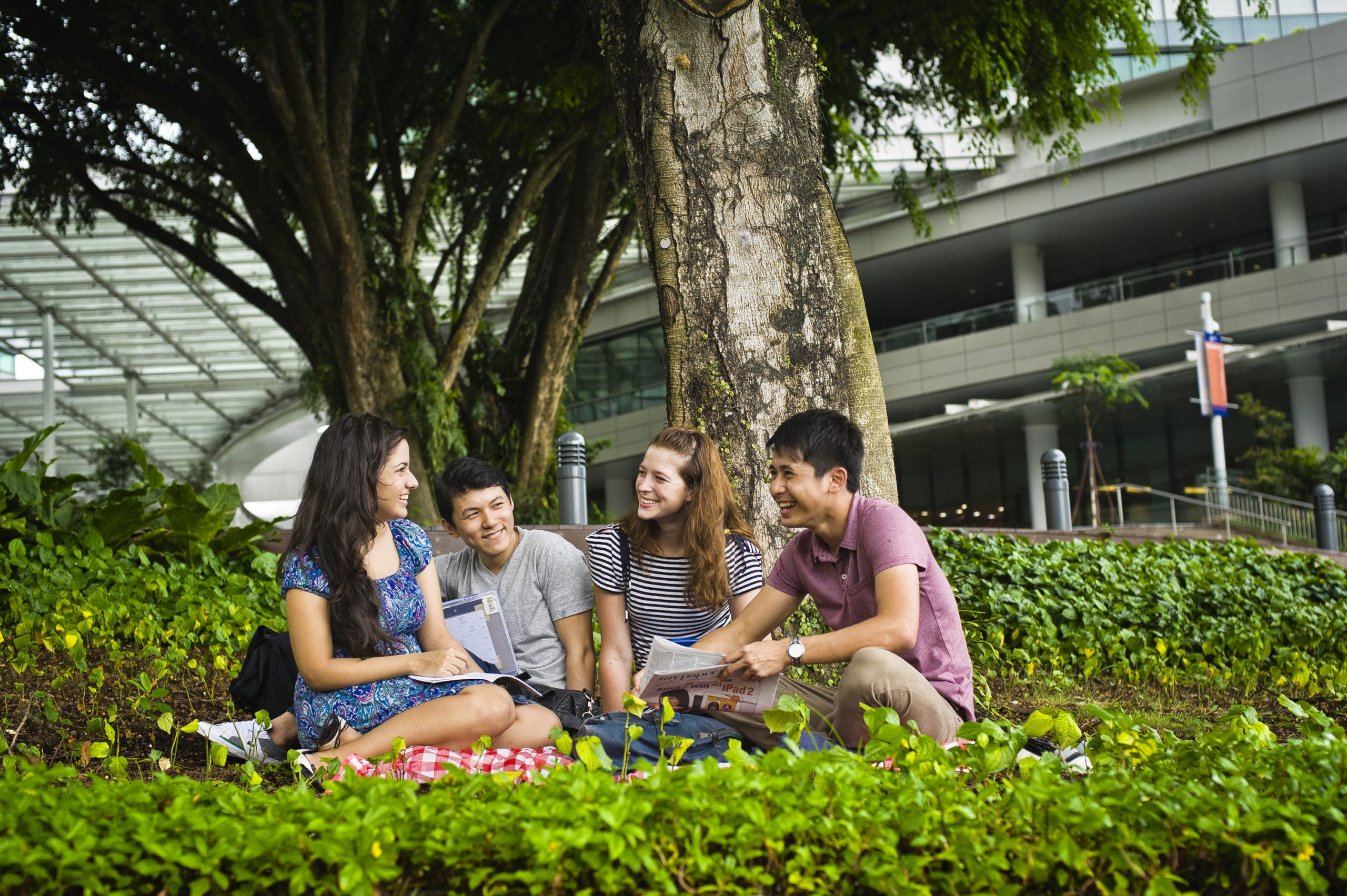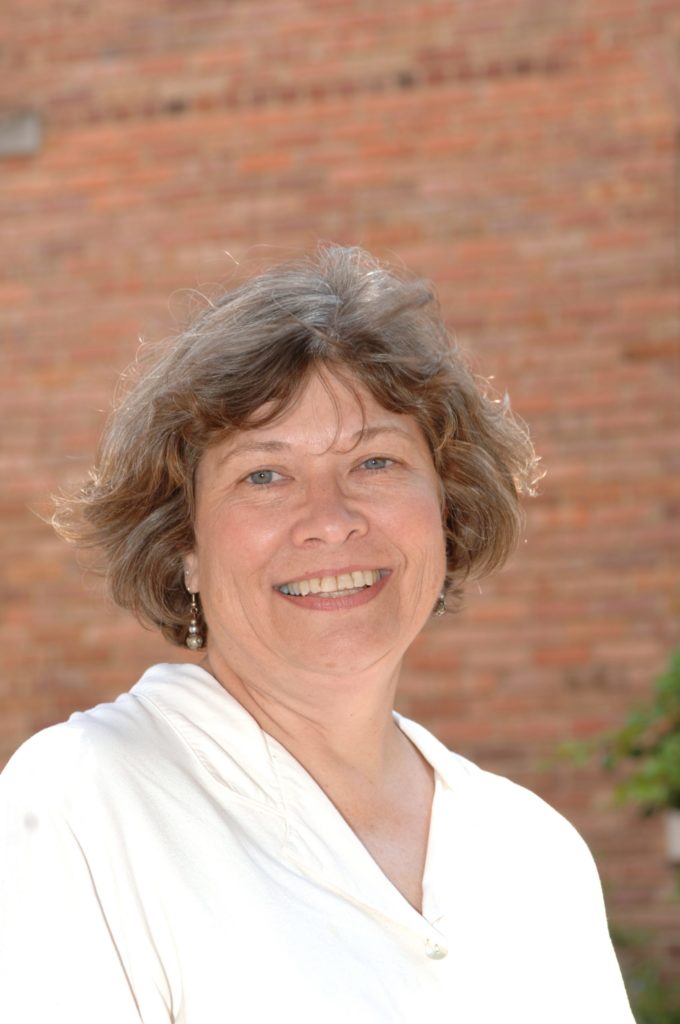
The University of North Carolina at Chapel Hill and the National University of Singapore have formally extended their partnership, now entering its second decade. The universities executed the renewal of a memorandum of understanding in August 2014.
A leading global university centered in Asia, the National University of Singapore (NUS) is ranked second overall and first in social sciences among universities in Asia, according to the 2013/2014 Times Higher Education World University rankings. The UNC-NUS partnership is one of Carolina’s six strategic partnerships, with longstanding and emerging collaborations across the University.
The partnership originated in 2003 between the UNC College of Arts and Sciences and the NUS Faculty of Arts and Social Sciences (FASS). Partnership development has been led at NUS by Lily Kong, vice provost (academic personnel) and former dean of FASS, and at UNC by Peter Coclanis, professor of history and director of the Global Research Institute, and Bob Miles, associate dean for study abroad and international exchanges in the College of Arts and Sciences. Coclanis has been deeply engaged with NUS for years. He spent Fall 2005 at NUS as the Sir Thomas Stamford Raffles Distinguished Professor in History.
Since 2003, student exchanges and relationships have flourished between the UNC College of Arts and Sciences, Kenan-Flagler Business School, Honors Program and School of Dentistry, and the NUS FASS, Faculty of Science, School of Computing, University Scholars Programme, Business School and Faculty of Dentistry. Over 400 UNC students have studied at NUS since 2004. Of these, over half participated in the Carolina Southeast Summer Program. UNC has hosted over 200 students from NUS on exchange.
The universities collaborate on an innovative undergraduate joint degree program established in 2007, one of the first undergraduate international joint degrees at a U.S. institution. Undergraduates can study abroad at the partner institution for two to four semesters and receive a degree from both universities when they graduate. The program is open to students majoring in economics, English literature, geography, history and political science and was recently expanded to include biology majors. Nineteen NUS students and 9 UNC students have graduated with the joint degree.
UNC’s partnership with NUS has also provided opportunities for students in science majors to study abroad. In addition to exchanges in science departments and the joint degree in biology, students in physics, biological sciences and chemistry can participate in a summer lab exchange to gain research experience. Partnership with NUS allows UNC students access to research opportunities that are not available at UNC, such as stem cell projects and, for physics students, research activities associated with the semiconductor industry.
As the partnership moves into its second decade, the universities look forward to expanding student exchanges, developing opportunities to engage graduate students and exploring research collaborations in areas of mutual strength. “I’ve been pleased to see our partnership with NUS grow,” said Miles, “and we’re committed to growing it in new ways, to the benefit of faculty and students, both undergraduate and graduate, on both campuses.”



